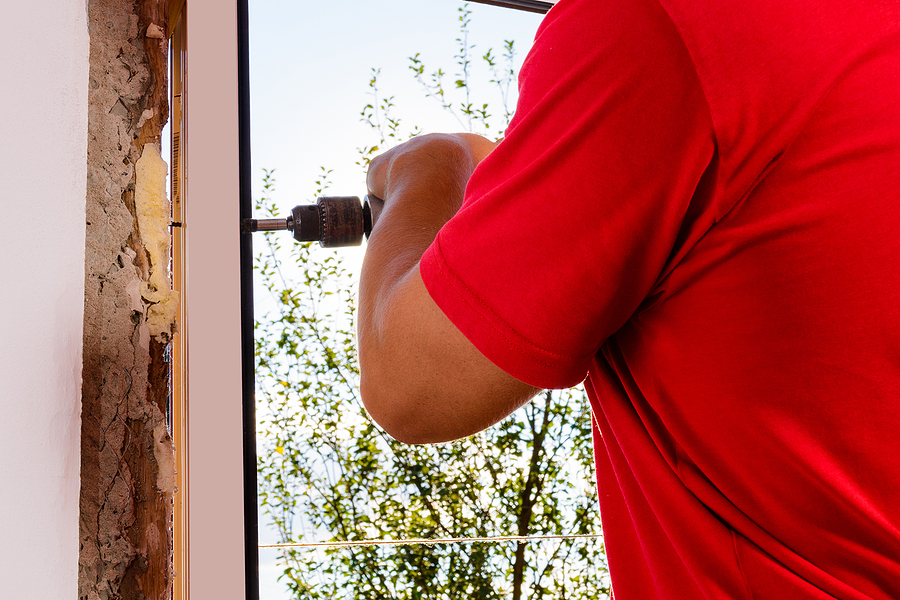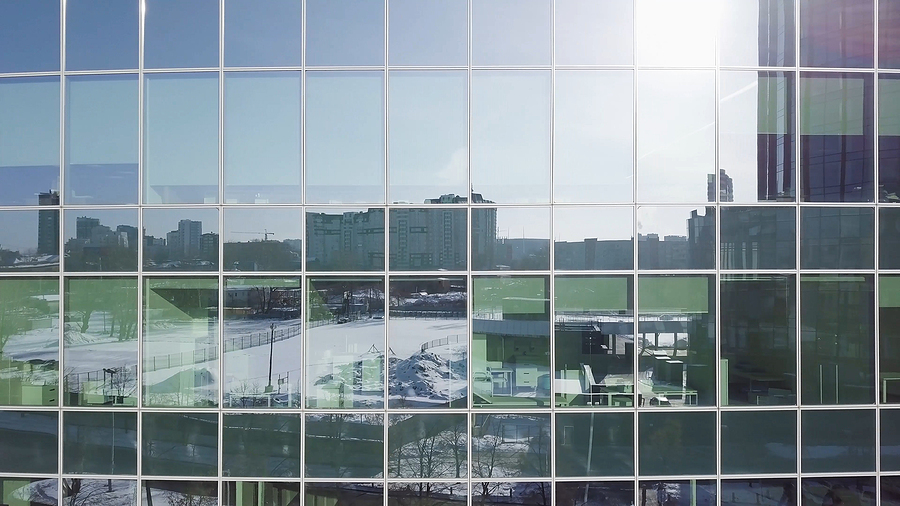Upgrading to hurricane windows is a smart investment for homeowners in storm-prone areas, but the cost can add up. That raises the question: Can you finance hurricane windows? The answer is yes, and often more easily than you’d expect. Whether you’re protecting your home from wind damage, lowering your energy bills, or qualifying for insurance credits, there are multiple ways to get hurricane window financing that won’t break the bank.
Why Hurricane Window Financing Makes Sense
High-quality hurricane windows, also known as impact windows, can cost anywhere from $100 to $500 per window, depending on size and materials. A full home retrofit could run into thousands of dollars, but the upfront cost doesn’t tell the whole story. On the upside, hurricane windows can reduce energy loss, block noise, improve security, and may even get a discount on your homeowner’s insurance. Plus, they’re a valuable, long-term home improvement you’ll never regret.
Traditional Home Improvement Loans
One of the most common ways homeowners finance hurricane windows is through a home improvement loan. These unsecured loans are available from banks, credit unions, or online lending platforms. You typically borrow a lump sum and repay it over time with fixed interest. Approval depends on your credit score, so a higher score can mean lower rates and better terms.
This option suits homeowners who want to avoid dipping into their home equity or adjusting their mortgage, but it’s worth noting that interest rates may be higher compared to secured loans.
Home Equity Loans and HELOCs
If you have equity in your home, tapping into it via a home equity loan (HEL) or home equity line of credit (HELOC) can offer attractive terms. These are secured against your home, which often means lower interest rates and longer repayment periods. A HELOC works like a credit card—withdraw what you need and only pay interest on that amount. A HEL, in contrast, provides a lump sum upfront.
This type of hurricane window financing is ideal for those planning multiple upgrades, like impact doors, garage protection, or insulated siding, as you can borrow more against your home equity.
PACE Financing: Property-Assessed Clean Energy
A lesser-known but increasingly popular option is PACE financing, which stands for Property-Assessed Clean Energy. You apply through your local program (e.g., in Florida or California), and if approved, the project is financed through an addition to your property tax bill, not a traditional loan.
That means:
- 0% down and up to 20–30-year repayment terms
- No need for perfect credit—qualification is based on property equity and tax history
- Financing stays with the property, not just the homeowner
PACE often covers energy-efficient or storm-resistant upgrades, including hurricane windows and impact doors.
Manufacturer or Dealer Financing
Many window companies offer direct financing to help spread out payments. For example, MaxGuard and Wright’s Impact Windows promote in‑house plans—often with 0% down, deferred payments up to 12 months, and no effect on your credit score.
This can be a flexible solution for homeowners who need quick approval and want to consolidate financing through one vendor. Before you sign anything, always read the fine print—interest rates after promotional periods can vary widely.
Federal Tax Credits and Incentives
The Inflation Reduction Act introduced enhanced federal tax credits under the Energy Efficient Home Improvement Credit (EEHIC). You can now claim up to 30% of your installation costs—up to $600 annually—for qualifying upgrades like impact windows and doors.
Even if you’re financing the project, you can deduct the credit on next year’s tax return. Combined with financing, this approach can significantly reduce your overall cost.
Utility and State Rebates
In some regions, utilities or state programs offer rebates when you install energy-efficient windows. For example, ENERGY STAR-certified windows have been shown to reduce energy bills by up to 13% nationwide.
Some rebates are stackable with federal credits and other incentives. Check with your local utility or state energy office to see what might be available in your area.
Choosing the Best Hurricane Window Financing Option
With so many paths to financing, which should you choose? Here’s a quick breakdown of the major factors:
- Interest rates: PACE and home equity loans typically offer the lowest rates. Dealer-financed plans may start at 0% but jump later.
- Terms: PACE provides the longest repayment (20–30 years), while personal loans generally max out at 15 years.
- Credit requirements: Home equity and PACE focus on your property, not just your credit score. Dealer financing might be more lenient, but watch out for high post-promotional rates.
- Process speed: Dealer and unsecured loans can be fast (days to a week). PACE and HELOCs might take several weeks or require a home appraisal.
- Combined incentives: The EEHIC tax credit and utility rebates can significantly reduce your net cost. Financing helps you pay less out of pocket upfront.
Often, homeowners use a combo—for example, PACE financing plus the federal tax credit, or dealer financing and an ENERGY STAR rebate. The key is to evaluate your budget, timeline, and home improvement goals before deciding.
A Real-World Example
Picture this: You live in a Florida coastal town. You gear up for hurricane season and get a quote of $15,000 for impact windows and doors. You opt for PACE financing, which offers a 30-year, low-interest plan added to your property tax bill—no credit score check required. You then claim the 30% tax credit, knocking another $4,500 off your cost.
On top of that, your utility company offers a $500 rebate for ENERGY STAR-certified upgrades. Altogether, your total out-of-pocket stays low, yet you get complete protection, bring your home up to code, and boost its resale value.
So, Can you finance hurricane windows?
To answer the question on everyone’s mind: Can you finance hurricane windows? Yes, absolutely. Whether through personal loans, home equity, PACE, dealer financing, or a mix of options, it’s entirely possible—and often very affordable. Plus, with federal and local incentives, you can significantly reduce your total cost.
Ready to find the best financing option for your home?
Protect your family and investment with storm-ready windows—and do it on terms that fit your life. Contact Absolute Window LLC today to explore financing options, calculate your savings, and schedule a free consultation.













